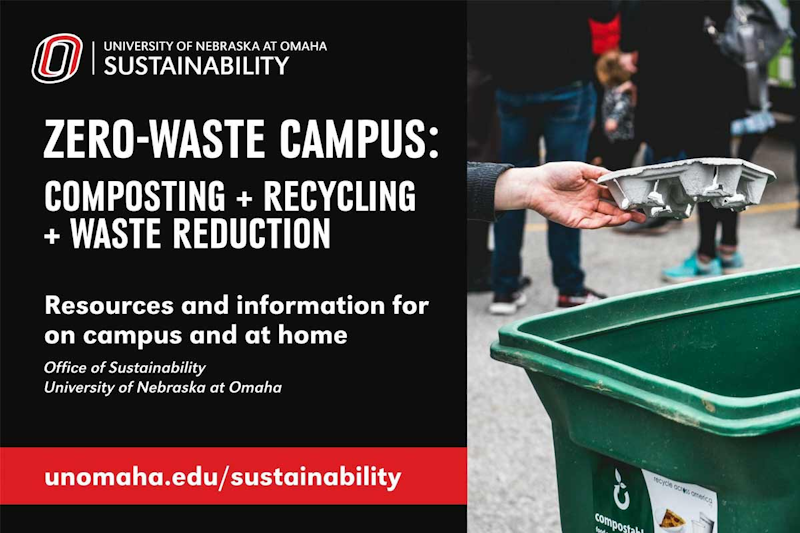Recently, organic grocery shopping has become more and more popular in Nebraska, thanks to its positive impact on the planet. Organic produce is grown without pesticides or harmful chemicals. In addition to being better for the environment, organic foods are also better for your health because they contain fewer toxins.
Organic products are generally local products from Omaha or elsewhere in Nebraska, reducing the carbon footprints linked to their transport. Organic farmers use sustainable practices to maintain soil health and reduce waste. By choosing organic products, you help support these sustainable practices and promote more environmentally friendly agriculture.
Definition of organic grocery store
The organic grocery store is a type of business that sells food products from organic farming. Organic foods are sustainably grown, meaning they are grown without harming the environment. Organic farmers use environmentally friendly agricultural practices, such as crop rotation, soil conservation and water management.
Organic foods are also healthier for you because they don’t contain synthetic chemicals. Organic grocery shopping in Omaha is a sustainable and healthy option for environmentally conscious consumers. By adopting organic foods, you help preserve our planet and improve your health.
Definition of sustainability
Sustainability is a key concept in organic grocery shopping. According to waste management experts at Omaha Dumpster Rentals HQ, it is defined as the ability to meet current needs without compromising the ability of future generations to meet their own needs. In other words, it is about finding a balance between economic, social and environmental needs, in order to guarantee a viable future for all.
The importance of sustainability in organic grocery shopping is paramount. Organic products are grown without the use of chemical substances. Additionally, organic foods are often packaged in recyclable or compostable materials.
Impact on sustainability of organic grocery shopping
Reduction of the ecological footprint
Organic products reduce the use of pesticides and chemical fertilizers. These products are also grown more responsibly, which limits the environmental impact of food production. Additionally, organic foods are typically produced locally, which reduces greenhouse gas emissions associated with transportation.
Conservation of biodiversity
Organic farming promotes biodiversity by encouraging crop rotation, using natural fertilizers and avoiding the use of pesticides that are harmful to insects and wildlife. Organic farming practices preserve natural habitats, which favors the survival of wild species.
Support for sustainable agricultural practices
By purchasing organic products, you support sustainable and responsible agricultural practices. Organic farmers are more respectful of the environment and animal health, which helps create a more sustainable and ethical food system. In addition, by favoring products from organic farming, you encourage farmers to continue farming responsibly.
Longevity of food resources
Sustainability is a key element of organic farming. Sustainable agricultural practices can help preserve soil quality and maintain crop productivity over the long term. This means that food resources are more likely to last longer and remain available for future generations.
Improved product quality
Organic products are less likely to contain pesticide and chemical fertilizer residues, which can benefit human health. Additionally, natural methods can preserve soil and crop quality.
Public health promotion
Purchasing organic products can positively influence public health. Organic products reduce exposure to toxins.
Challenges and solutions for the sustainability of organic groceries
Challenges of transitioning to organic grocery shopping
The transition to organic grocery shopping can be a challenge for grocery store owners. Organic products can be more expensive to purchase, which can reduce the profit margin. Finding reliable suppliers of organic products in Nebraska remains complicated.
Another challenge is to convince Nebraska consumers of the importance of organic groceries. Some customers are reluctant to pay a higher price for organic products, especially if they do not understand their health and environmental benefits. And they may not know about waste management best practices.
Solutions for a more sustainable grocery store
To overcome the challenges, grocery store owners can work with local suppliers to obtain organic products at a reasonable price. They can also educate their customers about the benefits of organic products, by displaying information about them in their organic stores. They can implement sustainable practices to reduce their carbon footprint. To do this, they must use reusable bags, compost food waste and favor renewable energy sources.
Indeed, organic grocery stores constitute a sustainable solution for Nebraska. They preserve the planet and encourage responsible production and environmentally friendly agricultural practices. The outlook for organic grocery stores is promising. More and more people are becoming aware of the importance of consuming responsibly and supporting sustainable agricultural practices. Organic grocery stores therefore have an important role to play in this transition to an ecological lifestyle.






